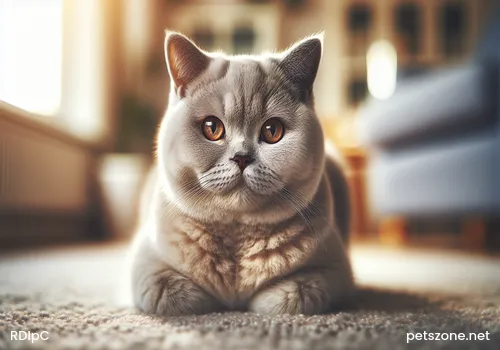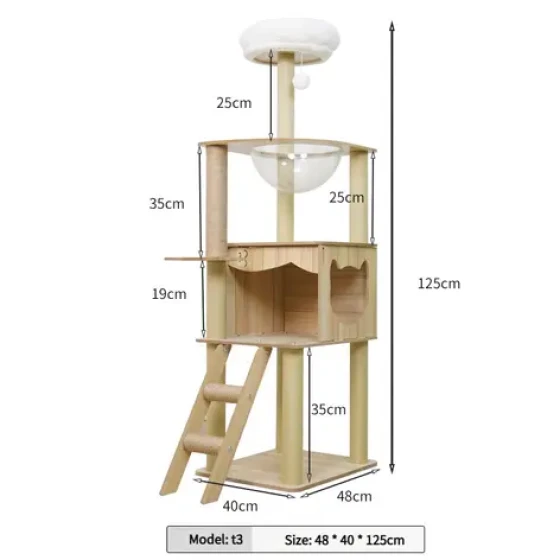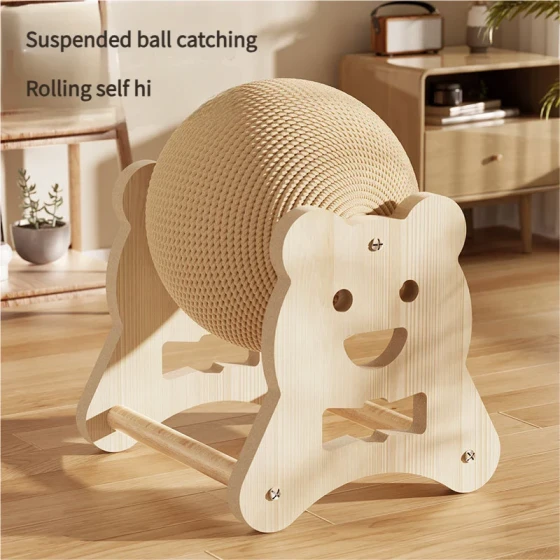Eliminate Play Aggression Behavior in Pet Cats

Play aggression in cats is a type of behavior where the cat does not intend to cause harm but instead simulates hunting and playful games. The injuries caused by such play are usually unintentional, resulting from the cat not knowing how to control its strength. Although this behavior is common in kittens aged 2 to 4 months, if allowed to continue, the destructive power of the cat will increase as it grows stronger. However, if your cat is still young, with proper education, it can still become a beloved angel cat.
1. Angel Cat Growth Plan: Seize the Right Timing
1. Catch your cat in the act when it is misbehaving, then immediately stop and educate it. Otherwise, after a while, it will completely forget its bad behavior, and if you scold it later, it will feel very wronged and might gradually distance itself from you.
2. If you want to train it or teach it to play with toys, it's best to choose a time when the cat is in a good mood. Do not disturb its rest, or it may “deal” with you out of displeasure.
3. For teaching more complex skills, it is best to do so about 5 minutes before the cat’s mealtime, as it will learn harder to earn the treats.
When your cat has learned to play with toys and to interact with you in a friendly and intimate way, becoming a beloved angel cat, your sense of accomplishment will naturally arise. In fact, cats are like children and need our love and patient guidance. What is there that a loved child cannot learn?
2. “Angel Cat” VS “Devil Cat”
If choosing purebred cats, some cats are naturally “angel cats” while others are genuine “little devils”:
“Angel Cats”: Persian cats, Himalayan cats, Exotic Shorthair cats, Chinchilla cats, Ragdolls, Scottish Fold cats, British Shorthair cats, and other artificially bred or quiet and less active breeds.
“Angel-Devil” hybrids: Norwegian Forest cats, Maine Coon cats, Egyptian Mau cats, and other historically old or generally large and temperamentally stable breeds.
“Devil Cats”: Siamese cats, American Shorthairs, Oriental Shorthair cats, Bengal cats, and other lively, active breeds. Of course, with training and education, you can turn them into “angel cats.”





